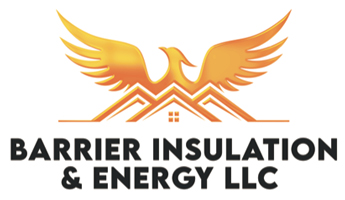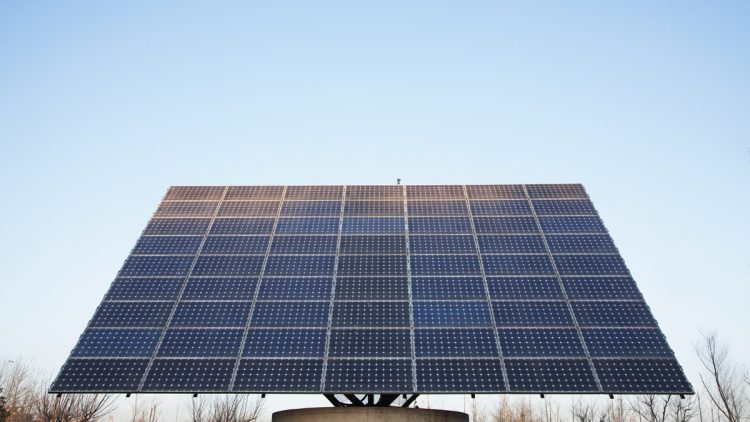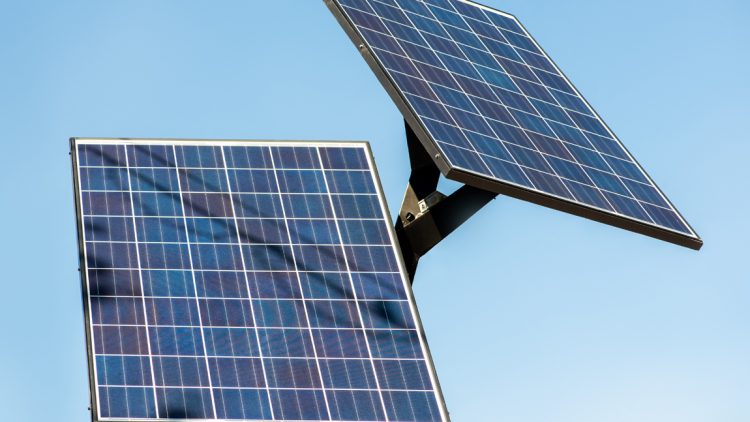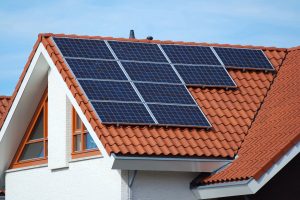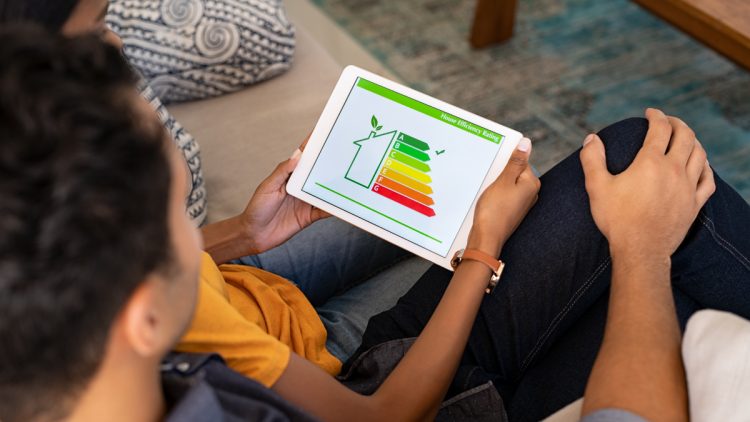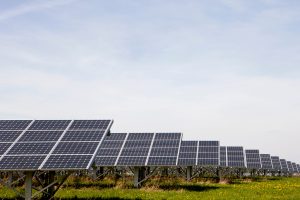How Long Do Solar Panels Last?
Solar panels, also known as photovoltaic (PV) panels, have a long lifespan and can provide reliable electricity generation for many years. The longevity of solar panels depends on various factors, including the quality of the panels, the manufacturing process, and environmental conditions. On average, solar panels can last for 25 to 30 years or more. Here are key considerations regarding the lifespan of solar panels:
- Manufacturer Quality: The quality and durability of solar panels can vary based on the manufacturer. Reputable manufacturers typically produce high-quality panels that are designed to last longer. When purchasing solar panels, it’s essential to choose a trusted brand.
- Materials and Design: The materials used in the construction of solar panels, such as the type of solar cells and protective coatings, can significantly impact their longevity. High-quality materials and designs can contribute to a longer lifespan.
- Environmental Factors: Environmental conditions play a role in solar panel longevity. Solar panels are designed to withstand exposure to the elements, including sunlight, rain, and snow. However, extreme weather conditions or harsh environments can affect their durability. Regular cleaning and maintenance can help mitigate environmental factors.
- Quality Installation: Proper installation by trained professionals is crucial for the longevity of solar panels. Improper installation can lead to issues such as water infiltration or physical damage, which can reduce the panel’s lifespan.
- Degradation Rate: Over time, solar panels will experience a gradual decrease in efficiency, a process known as degradation. The rate of degradation is typically low, with most high-quality panels losing about 0.5% to 1% of their efficiency per year. This means that after 25 years, a solar panel may still be operating at around 75% to 87.5% of its original efficiency.
- Warranty: Solar panels often come with performance warranties that guarantee a certain level of performance (typically around 80% to 90% of their initial efficiency) for a specific number of years, such as 25 or 30 years. This warranty provides assurance that the panels will continue to produce electricity for an extended period.
- Regular Maintenance: Routine maintenance, such as cleaning the panels to remove dirt and debris, can help extend their lifespan. Periodic inspections to identify and address any issues are also recommended.
It’s worth noting that even after their stated lifespan, solar panels do not suddenly stop working but instead continue to produce electricity at a reduced efficiency. Many older solar panels continue to generate power for years beyond their warranty period.
When investing in a solar panel system, consider factors like the warranty, manufacturer reputation, and local environmental conditions. Regular monitoring and maintenance will help ensure your panels continue to perform efficiently for decades, making solar power an attractive and sustainable energy option.
Schedule Your Insulation Services Today!
Whether you are building a new house, or just need to remove the old insulation and install a newer more energy efficient option Barrier Insulation is Phoenix’s first choice in home and commercial insulation and solar services. We proudly provide the valley’s more comprehensive insulation service that helps you stay more comfortable and save on energy. Click here to schedule on our website, or just give us a call at 602-499-2922.
